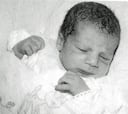5 facts about England ahead of the European Championships
Roy Hodgson and the nation are heading into this year's tournament in positive mood following some recent young breakthroughs. Wales, Russia and Slovakia await.
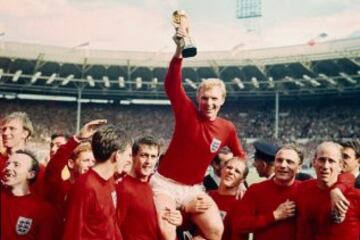
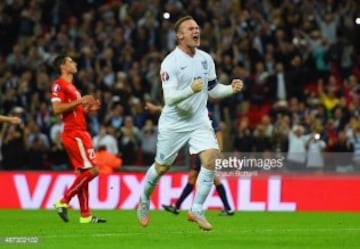

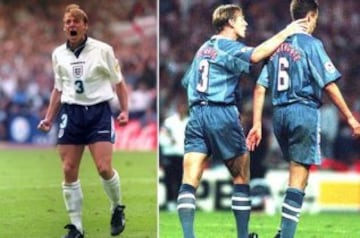
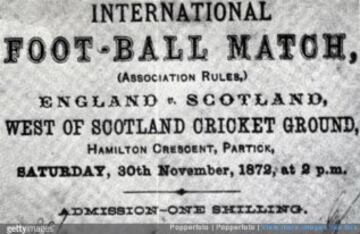

Stunning outfits catch the eye on SI red carpet
This year marks the 50th anniversary of England's only major tournament triumph: victory on home soil at the 1966 World Cup. A team managed by Alf Ramsey, captained by Bobby Moore and inspired by Manchester United midfielder Bobby Charlton came through a group containing Uruguay, Mexico and France. They saw off Argentina in a bad-tempered quarter-final before Charlton's brace secured a 2-1 success against Portugal in the last four. In the final at Wembley, West Ham United's Geoff Hurst scored a hat-trick in a 4-2 extra-time win over West Germany, becoming the first and to date only player to score three times in a World Cup final.
Captain Wayne Rooney broke Charlton's 35-year-old England scoring record last October when his penalty in a 2-0 Euro 2016 qualifying win over Switzerland took him to 50 international goals. The 30-year-old Manchester United striker will surpass David Beckham's record of 115 appearances for an outfield player if he plays in England's three warm-up games and then helps them reach the knockout phase in France.
Having seen stalwarts including John Terry, Rio Ferdinand, Ashley Cole, Steven Gerrard and Frank Lampard retire from international football over the course of his tenure, Hodgson has presided over the blooding of a new generation. Leading the way are the Tottenham Hotspur pairing of striker Harry Kane (22) and midfield dynamo Dele Alli (20), who have formed a formidable Premier League partnership. Other young players likely to feature in France include Everton pair John Stones (21) and Ross Barkley (22), Spurs holding midfielder Eric Dier (22), Manchester City tyro Raheem Sterling (21) and, if he recovers from a broken leg in time, 20-year-old Manchester United left-back Luke Shaw.
England's last brush with major tournament success came 20 years ago in the 1996 European Championship, which was played on home soil. Terry Venables's side thrilled in the group phase, beating Scotland 2-0 in a game that featured a wonderful Paul Gascoigne goal and outclassing the Netherlands 4-1, before edging Spain on penalties in the quarter-finals. But they fell to old foes and eventual champions Germany in agonising fashion in the last four. After early goals from Alan Shearer and Stefan Kuntz cancelled each other out, Gascoigne came within millimetres of touching in a cross from Shearer in extra time that would have given England a golden-goal victory. Gareth Southgate was the fall guy in the penalty shootout, with Andreas Kopke parrying his tame spot-kick.
Football's modern rules were first codified in a London pub in 1863 and England played the first ever international match against Scotland in 1872. But a strained relationship with world governing body FIFA meant that England did not compete at a World Cup until the 1950 edition in Brazil, where they were humiliated 1-0 by the part-timers of the United States. They were dealt their most painful defeat three years later when a Hungary team inspired by the great Ferenc Puskas romped to a stylish 6-3 victory at a shell-shocked Wembley. The 1966 World Cup triumph restored the English game to its former lustre, but recurrent subsequent failings have exposed how far behind the rest of the world England has fallen.




